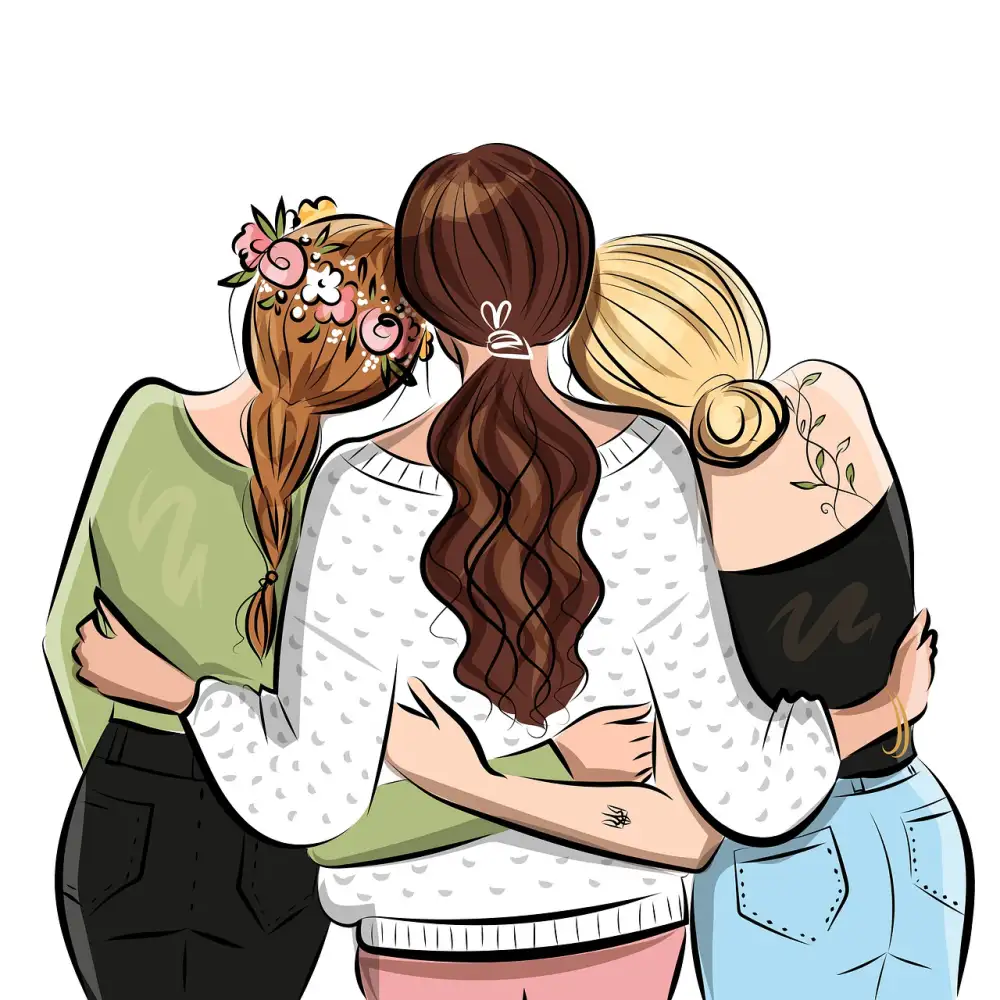The Truth About Homewreckers: Are They Villains or Victims?

Societal perceptions
Societal perceptions of artificial intelligence (AI) are often shaped by popular culture and media portrayals, which can sometimes be sensationalized or unrealistic. While AI offers numerous potential benefits, such as advancements in healthcare, transportation, and automation, there are also concerns about job displacement, privacy, and the ethical implications of autonomous systems. Public opinion polls suggest a mix of excitement and apprehension regarding AI's impact on society. It is crucial to foster informed discussions and promote responsible AI development to address these concerns and ensure that AI technologies are used ethically and for the betterment of humanity.
Blaming the other woman
Blaming the "other woman" is a harmful and misguided reaction to infidelity. It places the entire burden of responsibility on someone who may have been unaware of the relationship's true nature or even coerced. This ignores the agency and accountability of the person who chose to betray their partner's trust. Often, this blame is rooted in societal expectations and double standards that unfairly judge women more harshly for sexual behavior. It's crucial to remember that infidelity is a complex issue stemming from within a relationship. Placing blame solely on the "other woman" oversimplifies the situation and perpetuates harmful stereotypes.
Relationship complexities
Navigating relationships can feel like walking a tightrope. We crave connection, yet often struggle with vulnerability, communication breakdowns, and conflicting needs. Throw in external pressures, evolving life stages, and the baggage of past experiences, and it's no wonder relationships require effort and understanding. Whether it's navigating the complexities of romantic partnerships, familial bonds, friendships, or even professional connections, the key lies in open communication, empathy, and a willingness to embrace the messy beauty of human connection. Remember, every relationship is unique, and there's no one-size-fits-all solution.
Personal responsibility
Personal responsibility means taking ownership of our actions and their consequences. It involves being accountable for our choices, behaviors, and the impact they have on ourselves and others. When we embrace personal responsibility, we acknowledge our power to create the life we desire. We become active participants rather than passive observers. This empowers us to make positive changes, learn from our mistakes, and strive for personal growth. Taking responsibility can be challenging, but it is essential for personal development, strong relationships, and a fulfilling life.
Moving forward with empathy
Moving forward with empathy requires active listening and genuine understanding. It means stepping outside our own perspectives and trying to see the world through the eyes of others. Empathy allows us to connect on a deeper level, build stronger relationships, and create a more compassionate and just world. It's about recognizing and valuing the experiences and emotions of those around us, even when they differ from our own. By embracing empathy, we foster a sense of belonging and create a space where everyone feels heard, respected, and supported.

Published: 16. 06. 2024
Category: Food



